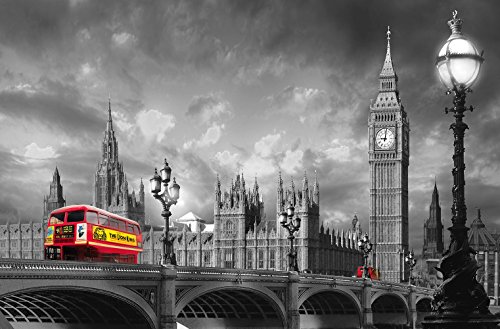A Bank Holiday is a day when all banks, the majority of government buildings and other businesses in the United Kingdom close as part of a mandatory public holiday. In other nations, "bank holiday' is often used colloquially to refer to public holidays, or a day when banks are closed.
The Bank Holidays Act of 1871 originally had four bank holidays in England and Wales: Easter Monday, Whit Monday, the first Monday in August, and Boxing Day in England and Wales. That was superseded by the Banking and Financial Dealings Act 1971, which currently rules that there should be eight bank holidays in total – although the dates can often change depending on the way the calendar falls for that particular year.
Summer Bank Holiday was moved from the first to the last Monday in August as part of the reforms. Europe's biggest street festival, the Notting Hill Carnival, takes place over the Summer Bank Holiday weekend, with floats, bands and two million people celebrating Caribbean culture and traditions. Leeds and Reading festivals are also held on the last weekend of August.
Current Bank Holidays in England, Wales, Scotland and Northern Ireland include:
New Year's Day - The sensible decision to introduce a day off following New Year's Eve was added to the list of Bank Holidays in 1974.
Good Friday and Easter Monday. This weekend is always a highly anticipated event in the UK, as two bank holidays combine to give most workers a four-day weekend. Easter Monday is not an official Bank Holiday in Scotland, but many local authorities treat it as a public holiday so businesses can synchronise their opening times with the rest of the UK.
Early May Bank Holiday, this day off is generally acknowledged as the May Day Bank Holiday.
Spring Bank Holiday. A long-standing fixture in British history, this public holiday was known as Whit Monday until 1978, celebrating the Christian festival of Pentecost (the seventh Sunday after Easter). Since the date of Easter is not fixed on the calendar, Whit Monday couldn't fit into an orderly schedule of bank holidays.
Summer Bank Holiday on the last Monday in August.
Christmas Day and Boxing Day, the day after Christmas..
While they share many Bank Holidays with England and Wales, Scotland and Northern Ireland have slightly different schedules. Northern Ireland includes St. Patrick’s Day and a mid-July Bank Holiday commemorating the Battle of the Boyne. Scotland observes St Andrew's Day as a Bank Holiday in November.
Ireland has its own calendar of Bank Holidays, that include St. Patrick's Day, Easter Monday, May Bank Holiday, June Bank Holiday, August Bank Holiday, October Bank Holiday, and a Bank Holiday after Christmas.

